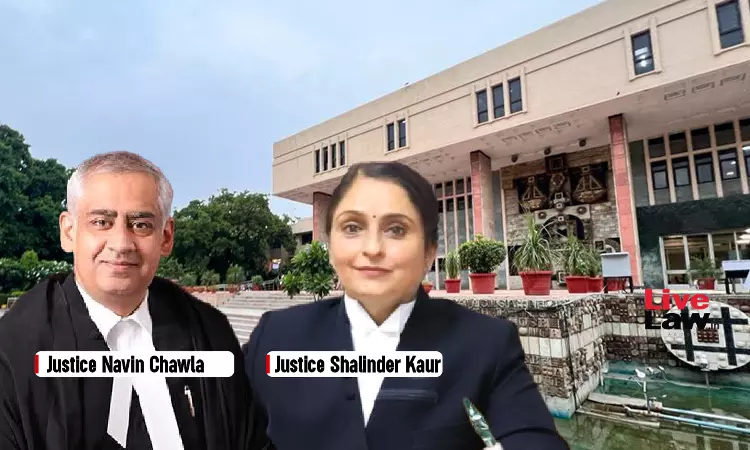Two Candidates Secure Same Marks, Age Determines Selection: Delhi High Court
Syed Nazarat Fatima
29 Jan 2025 12:30 PM IST

Next Story
29 Jan 2025 12:30 PM IST
A Division Bench of the Delhi High Court comprising of Justices Navin Chawla and Shalinder Kaur reiterated that in cases where two candidates secure the same marks, age should determine the selection of such candidates. The Bench allowed a Writ Petition wherein the Petitioner sought appointment based on having secured the same marks as that of another candidate who was appointed to...
